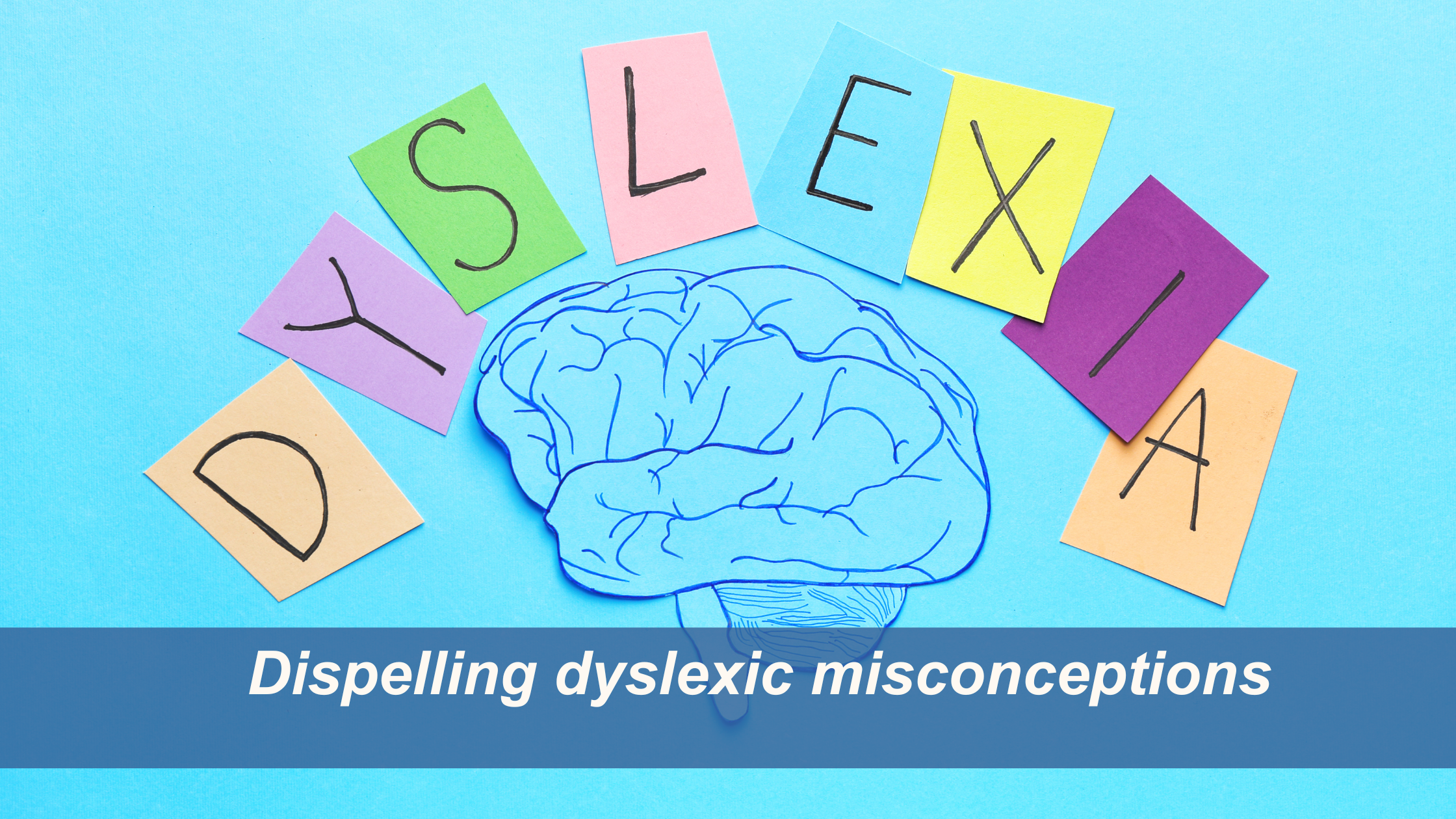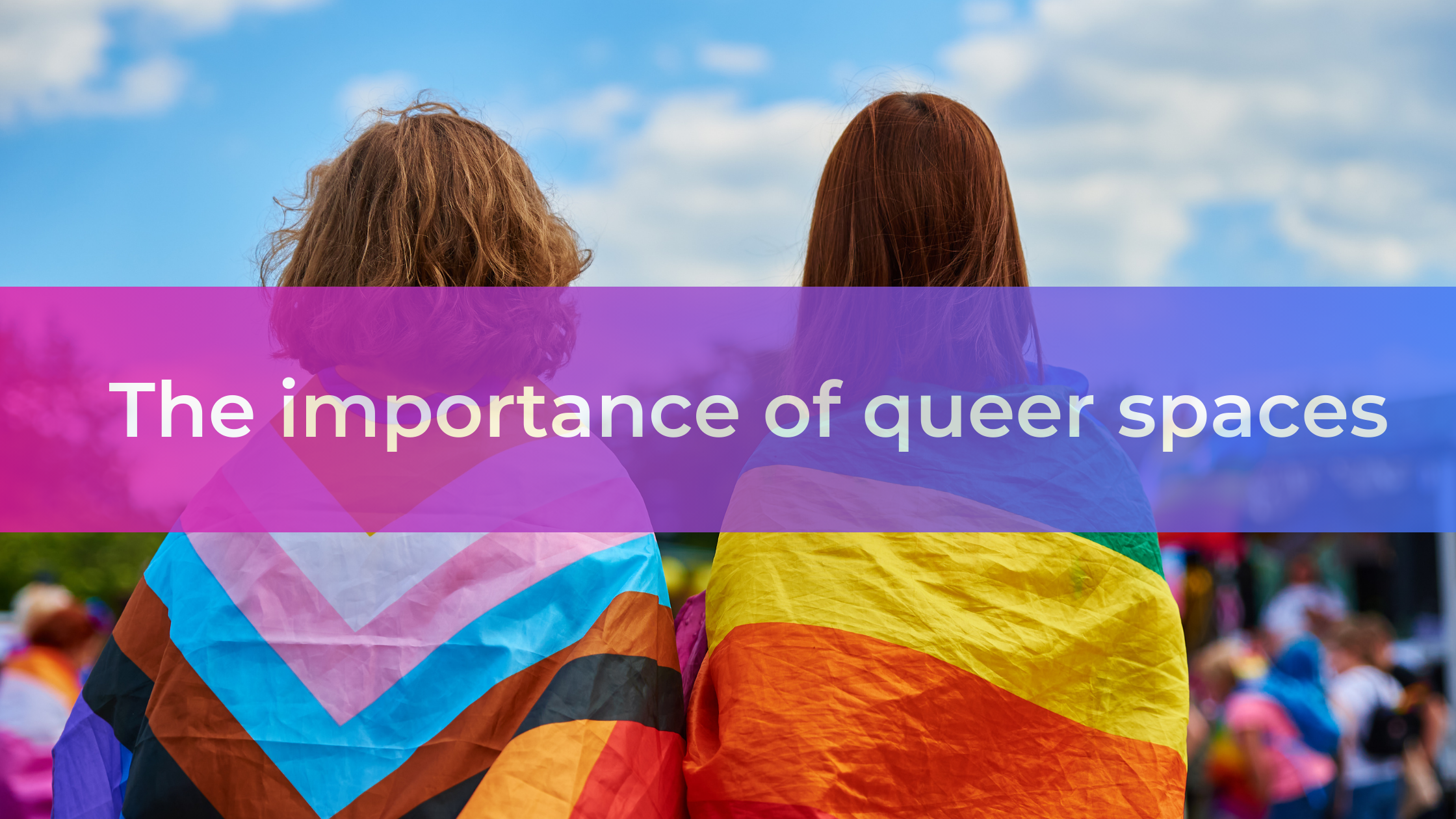Dispelling dyslexic misconceptions
Student Submission
A quick note from Symmetry Editor-in-Chief:
As we say goodbye to October and Dyslexia Awareness Month, I invite all our readers to take the time to read this week’s submission on dyslexia. As someone with dyslexia, this submission holds a special place in my heart. Our student contributor, Elvenia Gray-Sandiford, points out, millions of people like myself live with dyslexia, highlighting the need for a call to action and more inclusive learning. To learn more about dyslexia, please visit the Dyslexia Canada non-profit organization.- Emily Brown, Editor-in-Chief
Dyslexia Awareness Month
October marks Dyslexia Awareness Month, a time dedicated to shedding light on a learning difference affecting millions worldwide. According to the Dyslexia International Organization, Dyslexia Awareness Month aims to dispel misconceptions, foster understanding, and emphasize the crucial role of early identification and intervention.
Dyslexia is a neurological condition not associated with intelligence or vision impairments. Instead, according to the American Psychological Association, dyslexia is a distinct cognitive difference that impacts how individuals process information, potentially interfering with their learning processes. Individuals with dyslexia commonly face difficulties in reading, writing, spelling, and verbal expressions due to how their brain processes these skills.
It is important to note that dyslexia does not define a person’s intelligence or visual capabilities. An Examination of Dyslexia Research and Instruction with Policy Implications reported, “dyslexic individuals often showcase remarkable problem-solving, creativity, and critical thinking strengths.” Unfortunately, misconceptions persist, which work to perpetuate the belief that dyslexia is synonymous with low intelligence. As reported in Genius Minds with Dyslexia: Exploring the Legacy book, “With appropriate support and interventions, individuals with dyslexia can thrive academically and contribute significantly in various fields.”
Dyslexia Awareness Month calls for establishing inclusive learning environments that recognize dyslexia’s presence beyond childhood. As stated in An Examination of Dyslexia Research and Instruction with Policy Implications research article, “it is crucial to acknowledge that adults also navigate dyslexia and require adaptable workplaces and higher education institutions.”
Alicia Smith, Executive Director of Dyslexia Canada, stated, “Dyslexia doesn’t need to be a disability, but dyslexia becomes a disability when it is overlooked or ignored.” Breaking the silence and raising awareness about the significance of early identification and intervention are vital in preventing dyslexia from becoming a disability.
Understanding and prevention
The National Centre on Improving Literacy gave the following analogy when considering the impact of dyslexia in 2020: To understand the impact of dyslexia, imagine a person who is unable to ascend stairs but attempts to enter a building without a ramp. That is the experience that platforms like Moodle and Brightspace, or other learning platforms, can present for individuals with dyslexia. Regrettably, dyslexia is not always acknowledged as a learning difference when certain platforms are developed, limiting access and hindering the learning experience.
The National Centre on Improving Literacy also suggests that to prevent dyslexia from becoming disabling, we must reimagine and redefine learning techniques and platforms. Dyslexia represents a unique cognitive difference that affects information processing, including receiving and disseminating information. Learning platforms such as Moodle, Brightspace, and others used by workspaces, colleges, and universities must be designed with the specific needs of dyslexic individuals. Fostering a culture of understanding and acceptance is also essential. Educating colleagues and supervisors about dyslexia can help dispel misconceptions and promote empathy. For example, a post-secondary student with dyslexia must access an e-book from the campus bookstore. However, this can be challenging, involving a cumbersome sequence of around 35 digits at different levels required to open the e-book. Opting to send the receipt to campus Accessibility Services for processing is easier, but this includes a waiting period. Meanwhile, those with neurotypical cognitive functions continue without disruption; however, everyone is expected to be simultaneously on the same page when Moodle opens.
Another example is the limitation to writing forums, tests, or exams, where drop-down boxes do not allow cut-and-paste or speak-to-text functions. These oversights add further barriers for students with dyslexia who rely on these accommodations. An Examination of Dyslexia Research and Instruction with Policy Implications points out, “The system is not prepared for individuals with these specific needs, necessitating continuous self-advocacy, often resulting in a stressful experience of being left behind and struggling to catch up with university classes or the workforce.” It is not that people with dyslexia are intentionally left out, but like most other hidden differences, they are not considered.
Advocacy and a call to action
By advocating for inclusive practices, workplaces, and educational institutions, we can ensure equal access and promote the success of diverse minds. Dyslexia Awareness Month calls upon us to take action, challenging us to dispel myths, break the silence, and appreciate the unique strengths that dyslexia brings. The International Dyslexia Association suggests dyslexia should be seen as a journey of resilience and triumph. As we end Dyslexia Awareness Month let’s amplify the voices of those who have thrived despite dyslexia. Stories of individuals excelling in various fields underscore the message that dyslexia does not determine one’s potential. These narratives inspire and challenge preconceived notions about dyslexia, emphasizing the importance of recognizing and nurturing the unique strengths that often accompany dyslexia.
October’s Dyslexia Awareness Month is a vital call to action. It goes beyond dispelling myths to emphasize the transformative power of early identification and intervention. Dyslexia does not need to be a roadblock; it’s a unique journey that, with awareness and support, leads to boundless success. By breaking the silence, promoting inclusive practices, and celebrating dyslexia’s strengths, we cultivate an equitable environment. This month is about more than awareness; it’s a commitment to fostering understanding, celebrating diversity, and advocating for inclusive practices. Dyslexia Awareness Month—breaking barriers, dispelling myths, and embracing the unique strengths dyslexia brings to our diverse tapestry of minds.
Join me in breaking the silence by displaying the hashtags #VoicesofTriumph and #DyslexiaAwareness on your social media platforms.
Written by: Elvenia Gray-Sandiford, Student Contributor
Connect with Elvenia on LinkedIn





